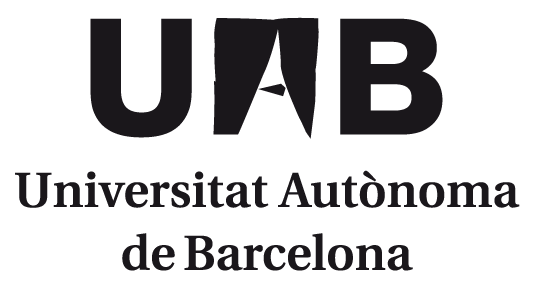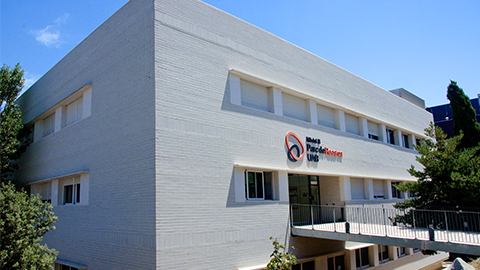
Donate Weghorn: Probabilistic approaches to inference of mutation rate and selection in cancer
Cancer is a highly complex system that evolves asexually under high mutation rates and strong selective pressures. Cancer genomics efforts have identified genes and regulatory elements driving cancer development and neoplastic progression. The detection of both significantly mutated (positive selection) and undermutated (negative selection) genes is completely confounded by the genomic heterogeneity of the cancer mutation rate. Here, I present an approach we recently developed in order to address mutation rate heterogeneity to increase the power and accuracy of selection inference. We first infer the distribution of mutation rates across genes. This enables the inference of the expected number of nonsynonymous mutations under neutrality, taking into account cancer-type-specific mutational signatures, which are known to be highly distinct. In addition to detecting excess in the total number of nonsynonymous mutations, we then augmented our test through a second component. This component identifies genes with an excess of mutations in unusual nucleotide contexts, i.e. which deviate from the characteristic context around neutrally evolving passenger mutations. Using the combined test, we discovered a catalogue of well-known cancer driver genes as well as a long tail of novel candidate cancer genes with mutation frequencies as low as 1% and functional supporting evidence.



